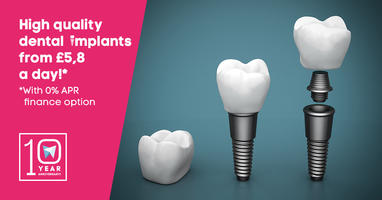Periodontitis and gingivitis are different names for different stages of gum disease. Gum disease at first is just a little pink in the sink, some unpleasant breath and maybe some light tooth sensitivity. This does not seem like it is worth taking antibiotics or getting oral surgery for, but the problem with these diseases is they get really bad really fast. Advanced periodontitis means your tooth will become wobbly and fall out, and you may even get sepsis from the necrotic tissues in your mouth.

Stages of periodontitis
At first periodontitis means that you may see some blood when you brush your teeth. Not a lot, just a little swirl at first. This may be paired with tooth sensitivity and a bit of redness and swelling. As the redness and swelling gets worse so do the symptoms, and so does the bleeding, as more and more of the periodontium (or gums) gets destroyed. This destroyed periodontium is less and less able to do something that it really needs to: keep the teeth safe and in place. The gums keep the teeth healthy and anchor them to the jaw bone, making sure they do not move and that the occlusal forces of chewing and biting are evenly distributed. If the gums are sick, swollen or receded, they cannot fulfil their function and the teeth will decay, become damaged and eventually fall out.
- Stage 1: A little redness and swelling, possibly some bleeding during brushing and flossing.
- Stage 2: Bleeding becomes more frequent, the swelling bigger and more severe, and halitosis becomes a big problem.
- Stage 3: Gums may recede extremely, or become so swollen that they get in the way of the teeth, bleeding happens even when there is no brushing. The teeth may be sensitive as the nerves are affected by this point.
- Stage 4: Teeth become loose and mobile, gums are a complete mess. Abscesses and necrotic tissue are common at this stage of periodontitis.
How to treat periodontitis
The way to treat periodontitis is by using mouthwash frequently and flossing. If this is not enough to remove the bacteria, a professional deep cleaning of the soft tissues in your mouth may become necessary. If this is not enough and the bacteria have had ample time to properly infect the periodontium, the solution may be to use antibiotics to remove them. This usually does the trick but if the situation is quite severe, then oral surgery may be necessary to remove the infected tissues.

